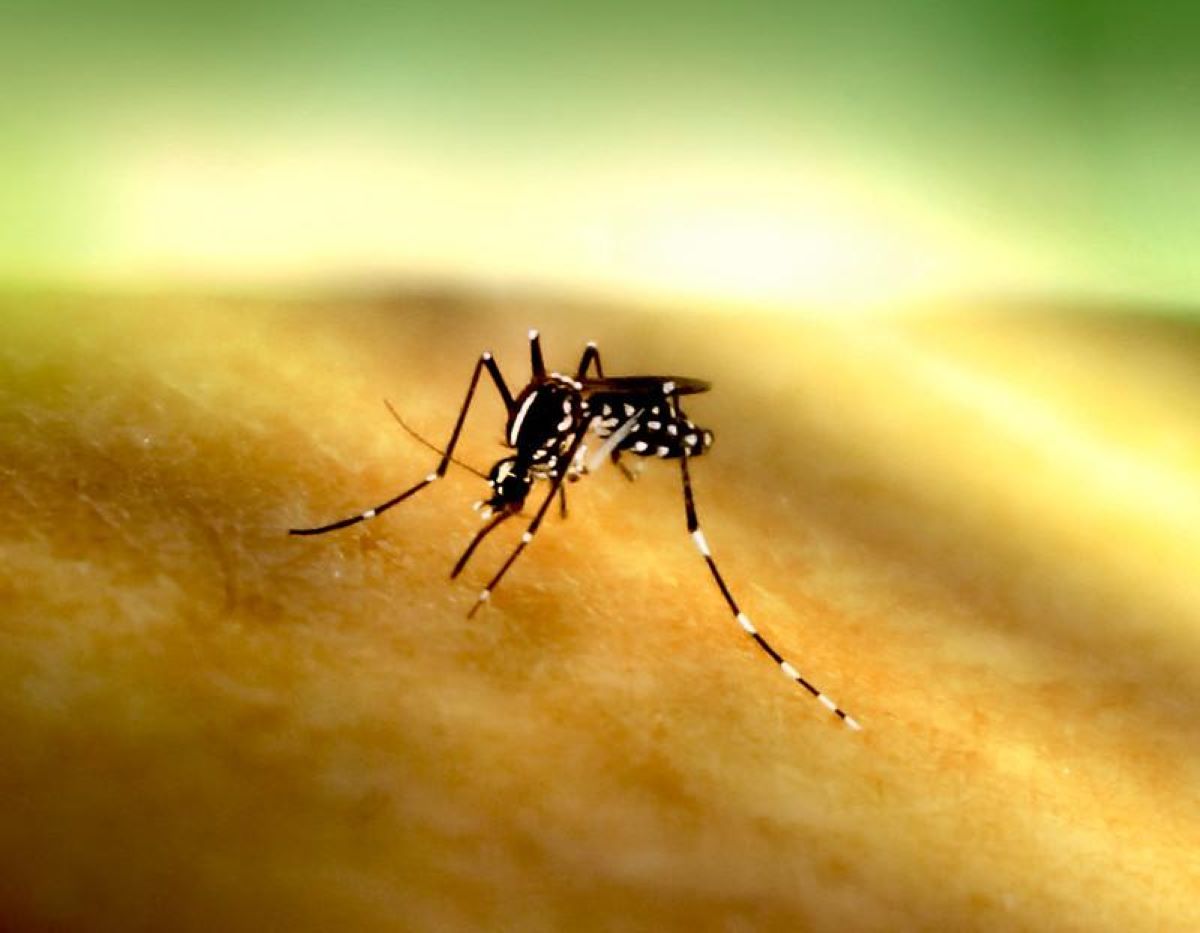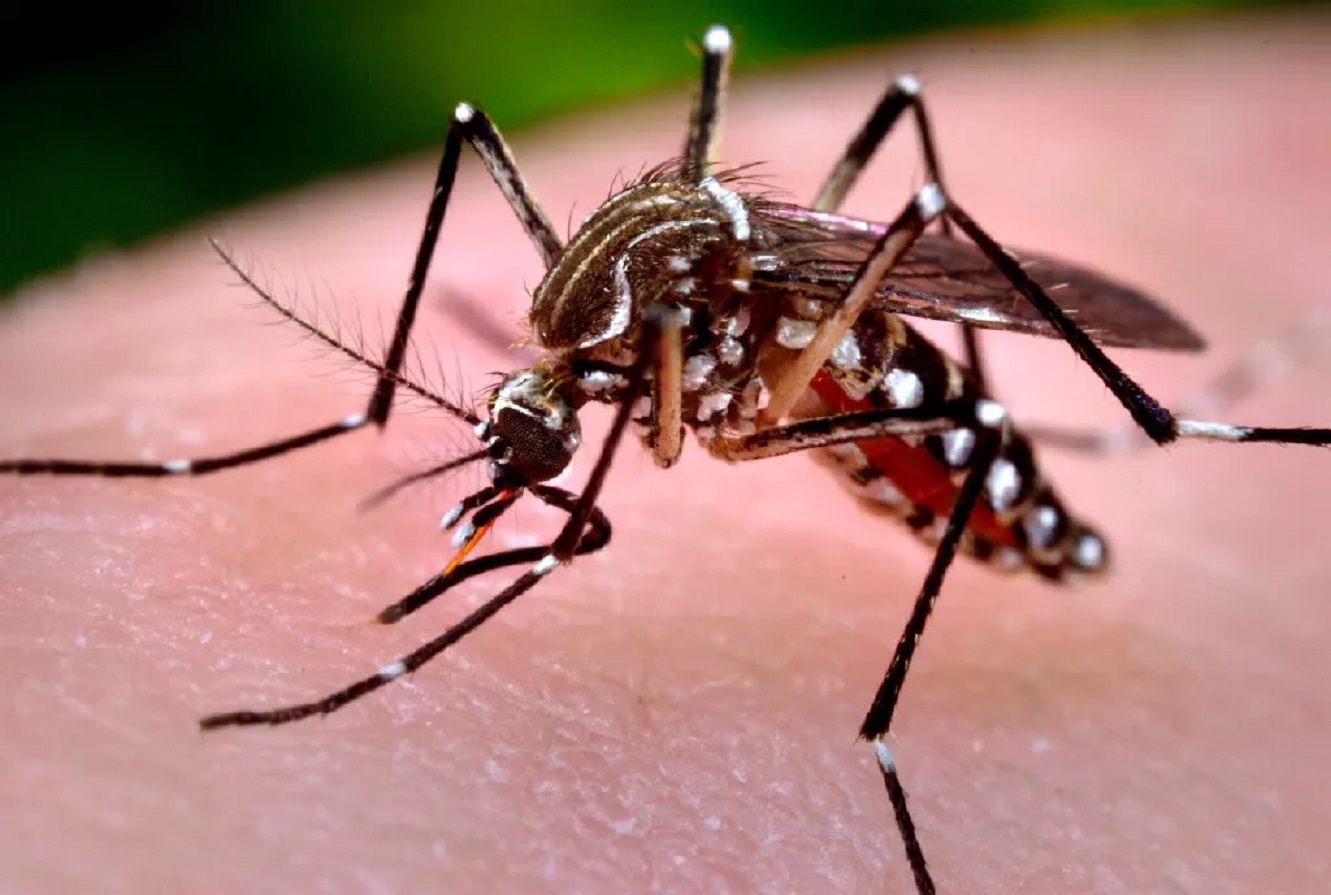A case of locally acquired dengue, a virus spread by mosquitoes, was identified in Pasadena on Friday, as confirmed by the Pasadena Public Health Department.
This occurrence is considered “extremely rare,” officials stated, marking the first known instance in California where an individual contracted dengue without recent travel history.
Symptoms of dengue can vary from mild to severe, encompassing fever, skin rash, headaches, and muscle and joint pain, as outlined by the U.S. Centers for Disease Control and Prevention (CDC).
Severe cases may necessitate critical care and can be life-threatening, though most resolve within two to seven days.
Dr. Matthew Feaster, an epidemiologist with Pasadena, emphasized in a statement that health authorities have been vigilant in monitoring mosquito-borne illnesses like dengue.
He expressed confidence in the belief that this incident is likely isolated and poses minimal risk of further dengue exposure in Pasadena, especially given collaborative efforts with the Vector Control District.

It is presumed that the affected individual, who remains unidentified and is reportedly recovering, contracted the virus from a mosquito that had previously bitten someone infected with dengue.
While dengue is rare in the U.S., it is endemic in other regions and can be introduced by travelers returning from affected areas.
In response to the case, public health officials have visited the neighborhood where the infection was detected to educate residents on measures to prevent bites from Aedes aegypti, commonly known as the yellow fever mosquito, which is responsible for transmitting the disease and has seen a population surge in Southern California.
The San Gabriel Valley Mosquito and Vector Control District has initiated the deployment of traps and testing samples to detect any mosquitoes carrying dengue, although no such specimens have been identified yet.
Testing efforts will continue in the coming weeks, according to Pasadena officials.
Currently, there are no vaccines available to prevent dengue, nor specific medicines for treatment. Care for dengue cases typically involves rest, adequate fluid intake, and close monitoring of symptoms.
